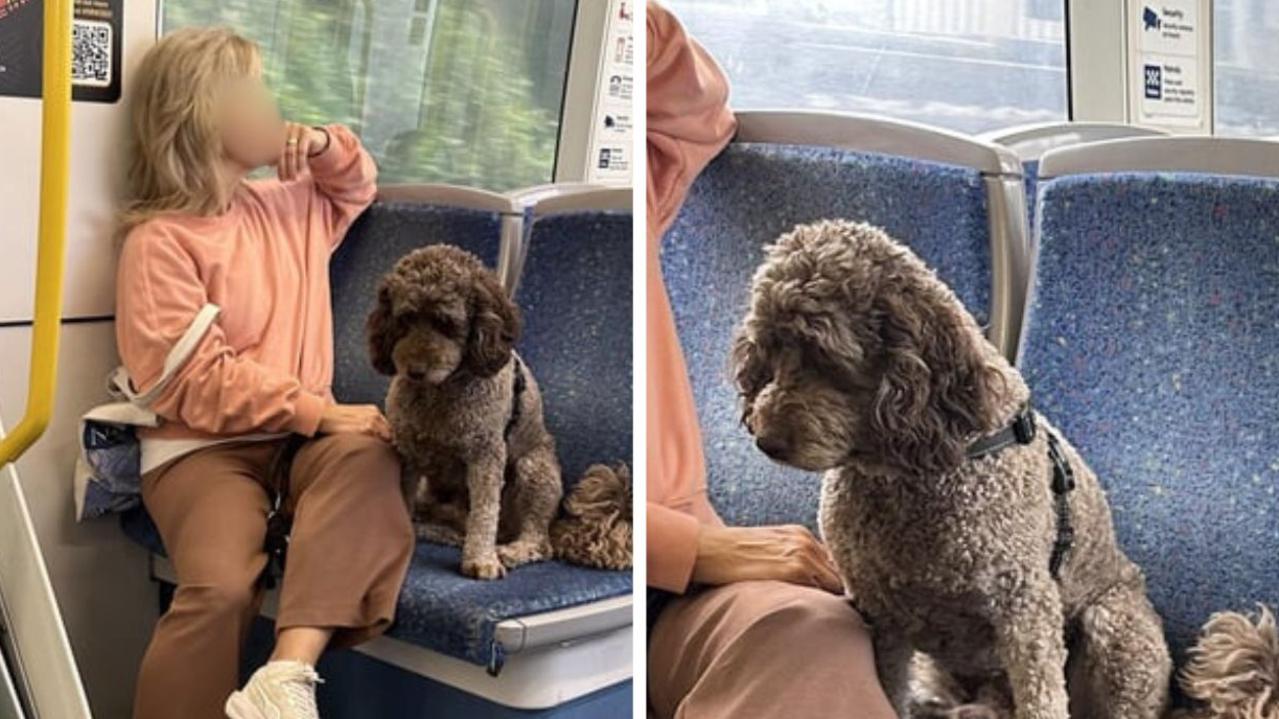Sister’s emotional plea after fatal dog attack on Colin Amatto
The family of a 40-year-old man have developed a specific phobia after he was fatally mauled while trying to save a woman and child from a vicious dog attack.
WARNING: This story contains the name and image of a deceased Indigenous person
A grieving sister has revealed multiple members of her family developed severe phobias after her brother was fatally mauled by two dogs when he intervened to save a woman and child from an attack.
Colin Amatto, 40, died after he rushed to help his ex-partner and her 10-year-old daughter who had been bitten by a dog inside a western Sydney home.
The proud Yuin man was “savagely mauled” by a staffordshire bull terrier called Boof before another staffy called Hope joined the “attack of extreme ferocity” on January 24, 2019.
On Tuesday, his sister Kristy told NSW State Coroners Court how the attack had left lasting scars on her family, and that she hoped her brother’s legacy would be the prevention of further deaths caused by dogs.
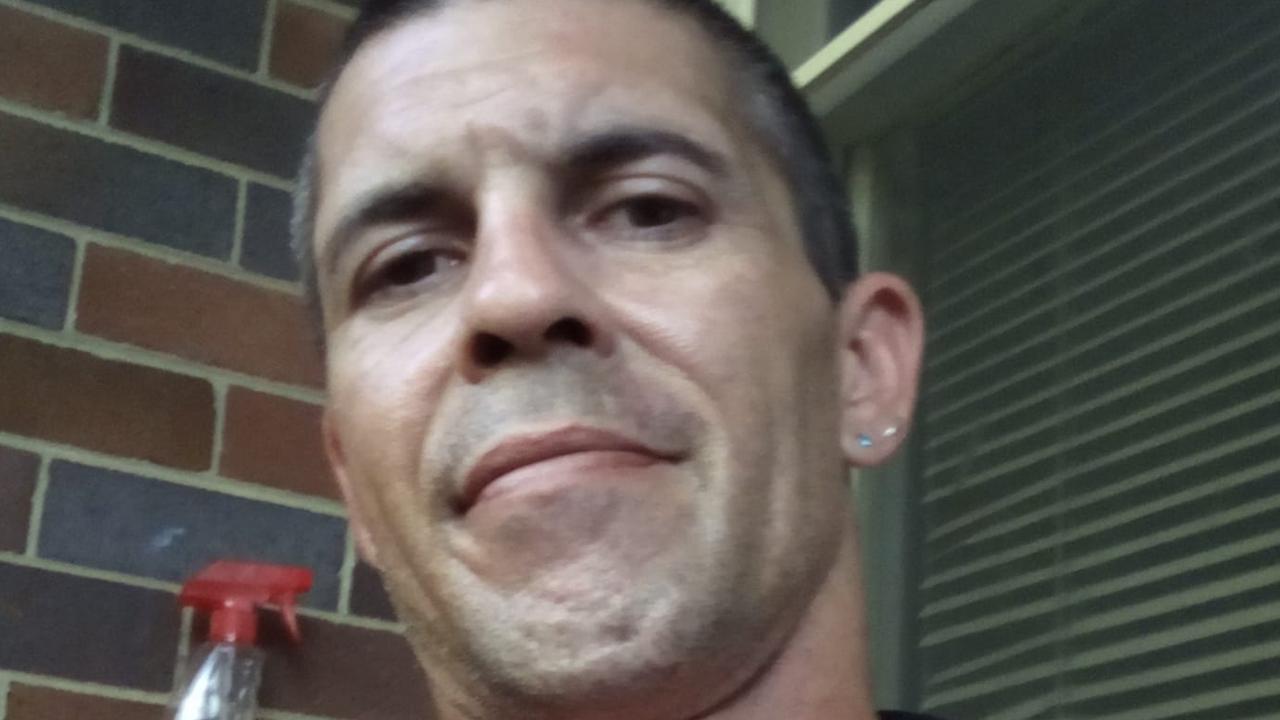
She called for the creation of Colin’s Law, which would allow for the seizure and euthanasia of animals who had been involved in attacks that resulted in serious injuries.
“I believe any animal that causes significant harm to a person should not be able to do so again,” Ms Amatto told the inquest into her brother’s death.
“I know people love their pets, but a human’s life needs to be worth more.”
The inquest was told that one of the dogs who fatally attacked Mr Amatto had previously mauled a real estate agent in a savage attack that required him to undergo surgery.
Ms Amatto said the dog “had a taste for blood” after the attack, but the inquest was told it was ultimately returned to its owners without any action taken by police or Penrith council.
If Colin’s Law had been established after the dog’s first violent attack, Ms Amatto believed her “hero” brother would still be alive today, she told the court.
“I believe his death could have been prevented,” she told Deputy State Coroner Carmel Forbes.
“Colin’s short life was worth a lot, lot more. Please, Your Honour, don’t let another family suffer.”
Ms Amatto also advocated for “clear and understandable guidelines” led by expert advice to prevent further tragic losses of life.
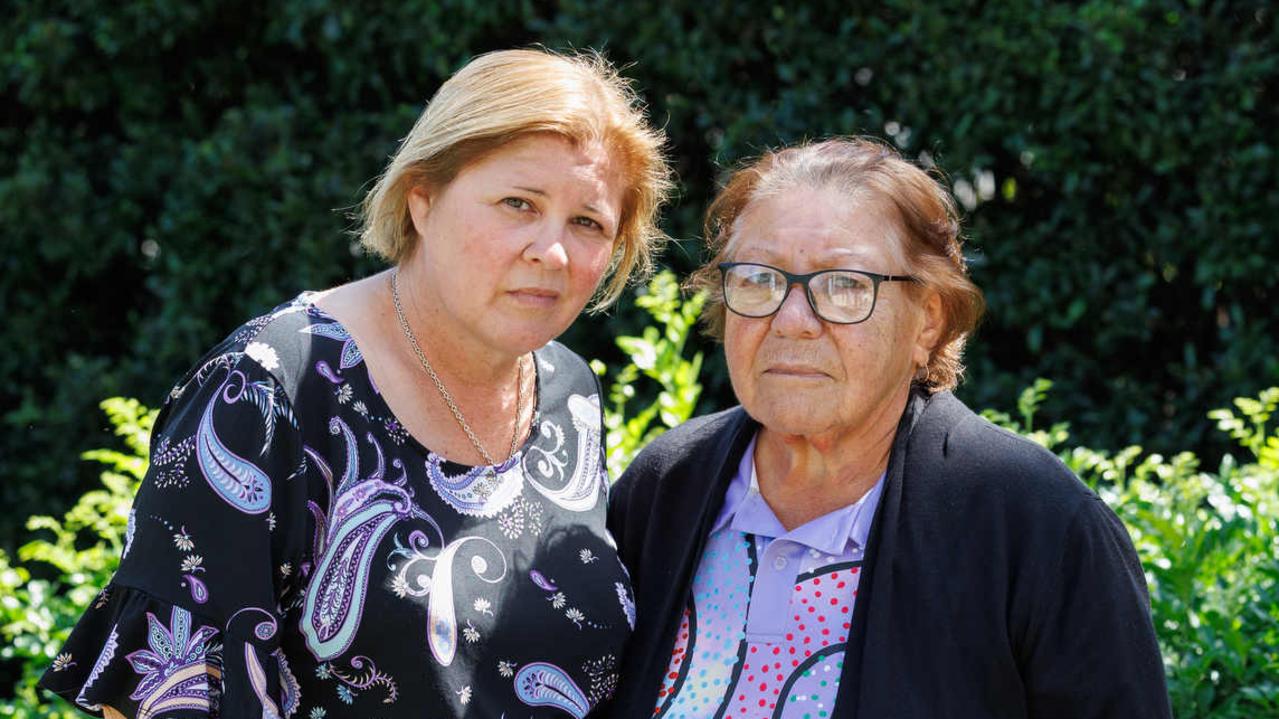
She became emotional as she described how the dogs had taken her little brother’s nose, bitten off both of his ears, and “stripped” the skin from his legs during the deadly attack.
Mr Amatto sustained more than 80 wounds to his head, body, and limbs in the violent and bloody mauling.
He remained unconscious in hospital for five weeks, during which time his sister was required to approve the amputation of one of his limbs.
The 40-year-old’s family made the heartbreaking decision to turn off his life support in March 2019.
“Having to bury my brother knowing his body was not complete was heartbreaking for our family,” Ms Amatto said.
Since her brother was killed, Ms Amatto said she and many of her family members had developed dog phobias.
“It is so scary walking down the street seeing a dog off the leash and not knowing what it is capable of,” she said.
She relies on the fond memories of her brother to cope with “the trauma of losing him”.
Mr Amatto was a “funny, charismatic, charming Aboriginal man” with a “wicked sense of humour”, his sister recalled.
She described him as an “excellent” sportsman who cherished his close bonds with his large family and “always had a good story”.
Ms Amatto said her brother’s habit of going on walkabout had left many of his family members watching the front door from him to turn up with a great yarn, even five years after his death.
Despite being the elder sibling, she said she had always looked up to her “hero” brother.
“When I was younger, I struggled with being black growing up in a white world,” Ms Amatto explained.
“While I tried to hide and ignore it, it was my little brother who taught me to love who I was and be proud of it. He was always proud of who he was”.
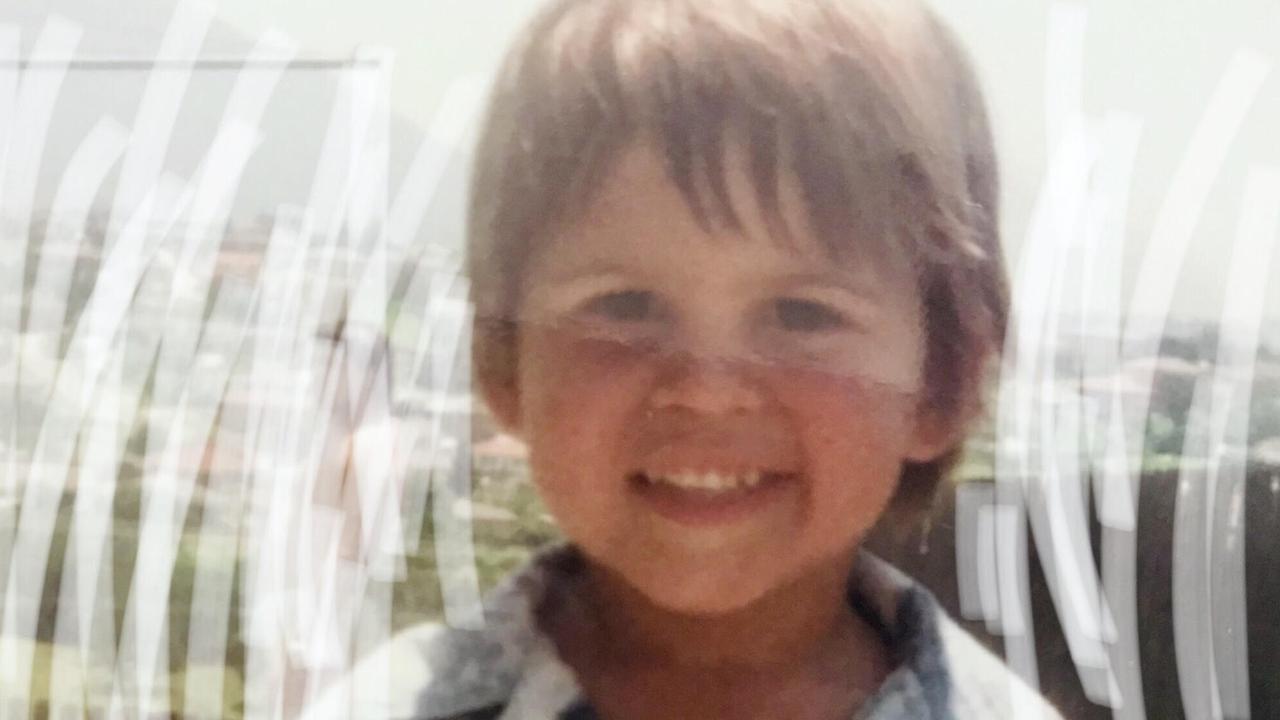
The inquest was told Mr Amatto had been close to the two dogs who killed him, and they had often slept in his bed.
On Tuesday, their owner David Murray described the dogs to the court as “loving” and “well behaved”.
“They’d never done anything before what they done (in killing Mr Amatto),” he said.
However, Mr Murray conceded both dogs had previously been involved in violent incidents with strangers.
In July 2017, he said he came home to find Boof with “blood on his face” after attacking real estate agent Barry Grant.
The inquest was told the agent had to undergo surgery and spend four days in hospital because of the serious injuries inflicted to his legs and torso.
When Boof was returned, Mr Murray said the animal shelter staff remarked on “how lovely he was” and “how good he’d been”.
He was told an investigation concluded the dog had been protecting the property and he wasn’t deemed to be “a dangerous dog that just attacks people”.
“What happened with Colin is totally different from what happened to Mr Grant,” Mr Murray told the inquest.
“No one will ever know the truth of what happened to Colin.”
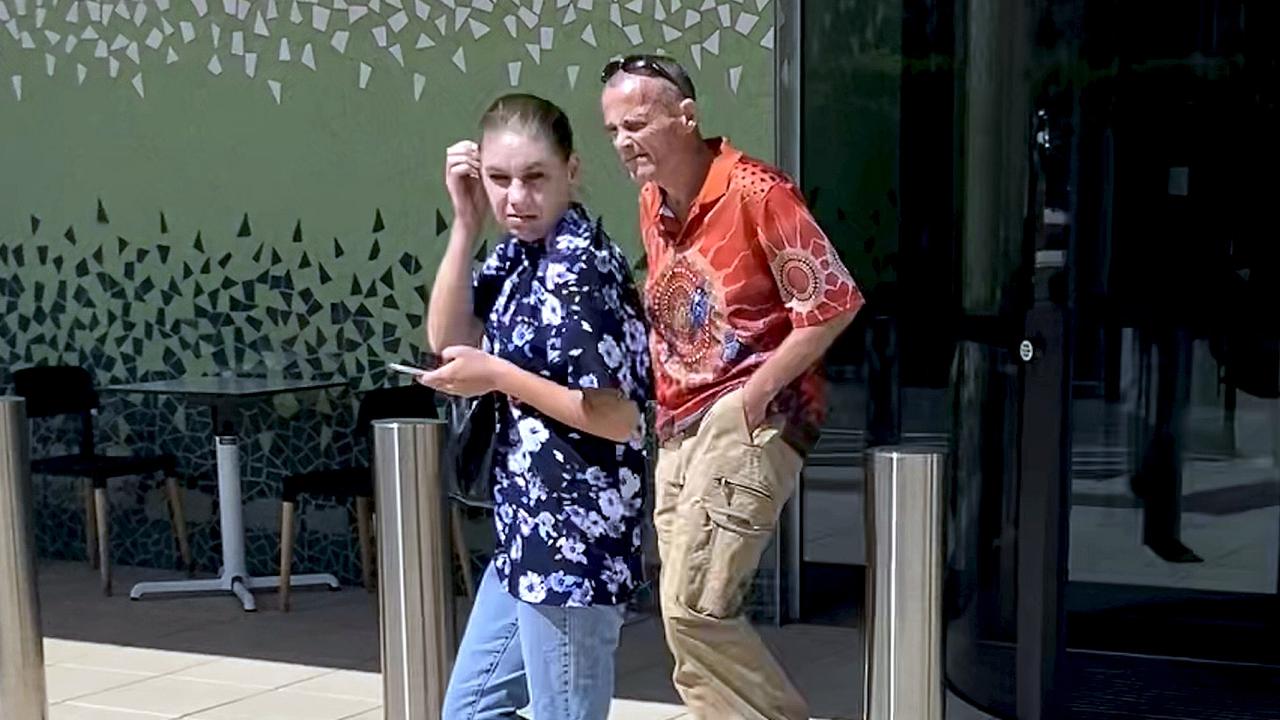
In 2018, the inquest was told, Mr Murray’s other dog Hope attacked a man and tore his pants.
Mr Murray didn’t agree the attacks could be attributed to the dogs’ breed, instead telling the inquest he thought “any dog might attack without warning”.
“As soon as I came home and found Colin, I told them to put the dogs down straight away,” he said.
The loss of his childhood friend was “a very unfortunate thing”, Mr Murray told Mr Amatto’s family in court.
“I wish it never happened,” he said.
“There’s not a night or day that I don’t think about it.”
The inquest is examining the circumstances surrounding seven fatal dog attacks that occurred between 2019 and 2023.




